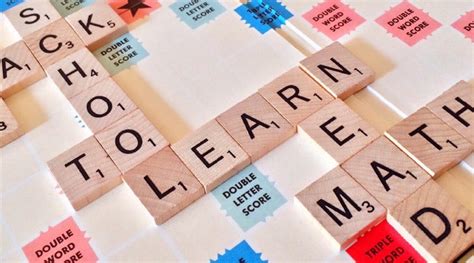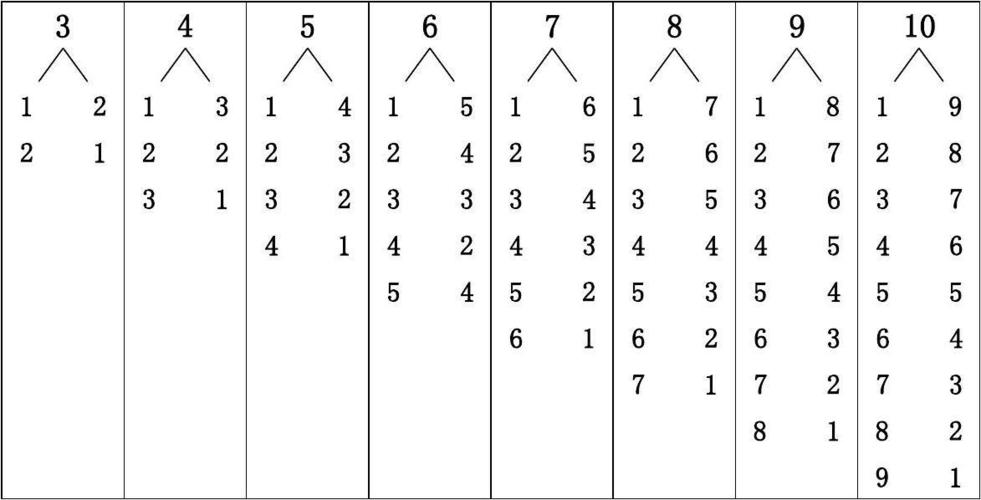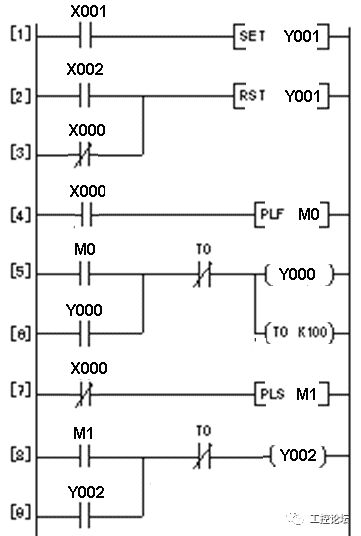```html
Mastering Programming Competitions: Tips and Strategies
Programming competitions are a fantastic way to challenge your coding skills, enhance problemsolving abilities, and engage with a vibrant community of likeminded individuals. Whether you're a novice or a seasoned coder, participating in coding competitions can be both exhilarating and rewarding. Here are some tips and strategies to help you excel in programming competitions:
Before diving into complex algorithms and data structures, ensure you have a strong foundation in programming fundamentals. Practice writing clean, efficient code in languages commonly used in competitions such as C , Java, Python, or others.
Develop a solid understanding of problemsolving techniques such as greedy algorithms, dynamic programming, graph theory, and divide and conquer. Familiarize yourself with common problem types encountered in competitions and learn how to approach each one strategically.
Consistent practice is key to improving your skills in programming competitions. Solve as many problems as you can on online platforms like Codeforces, LeetCode, HackerRank, or TopCoder. Analyze solutions to problems you couldn't solve and learn from others' approaches.
Take part in mock contests to simulate the competitive environment. Many online platforms host regular contests that mimic the format and difficulty level of real programming competitions. These mock contests help you gauge your progress and identify areas for improvement.
Time management is crucial during programming competitions where you're often racing against the clock. Practice solving problems within the given time constraints and learn to prioritize tasks based on their difficulty and potential point value.
Review past contest problems and editorials to understand the patterns and techniques used by top performers. Pay attention to the strategies they employ and try to incorporate them into your own problemsolving approach.
Join coding communities, forums, or study groups where you can interact with fellow competitors. Collaborating with others not only fosters a sense of camaraderie but also exposes you to diverse problemsolving strategies and perspectives.
During the heat of competition, it's easy to feel overwhelmed or frustrated when encountering difficult problems. Stay calm, maintain a positive mindset, and focus on breaking down the problem into manageable steps. Don't hesitate to skip a problem and come back to it later if you're stuck.
Explore advanced topics in competitive programming such as number theory, geometry, string algorithms, and combinatorics. Mastering these techniques can give you an edge in solving unconventional or niche problems that may appear in competitions.
After each competition, take the time to reflect on your performance. Identify areas where you excelled and areas where you struggled. Use this feedback to adjust your practice routine, focus on weak areas, and set goals for improvement in future competitions.
By following these tips and strategies, you can enhance your skills and increase your chances of success in programming competitions. Remember that success in competitive programming requires dedication, perseverance, and a passion for solving challenging problems.

```
版权声明
本文仅代表作者观点,不代表百度立场。
本文系作者授权百度百家发表,未经许可,不得转载。











